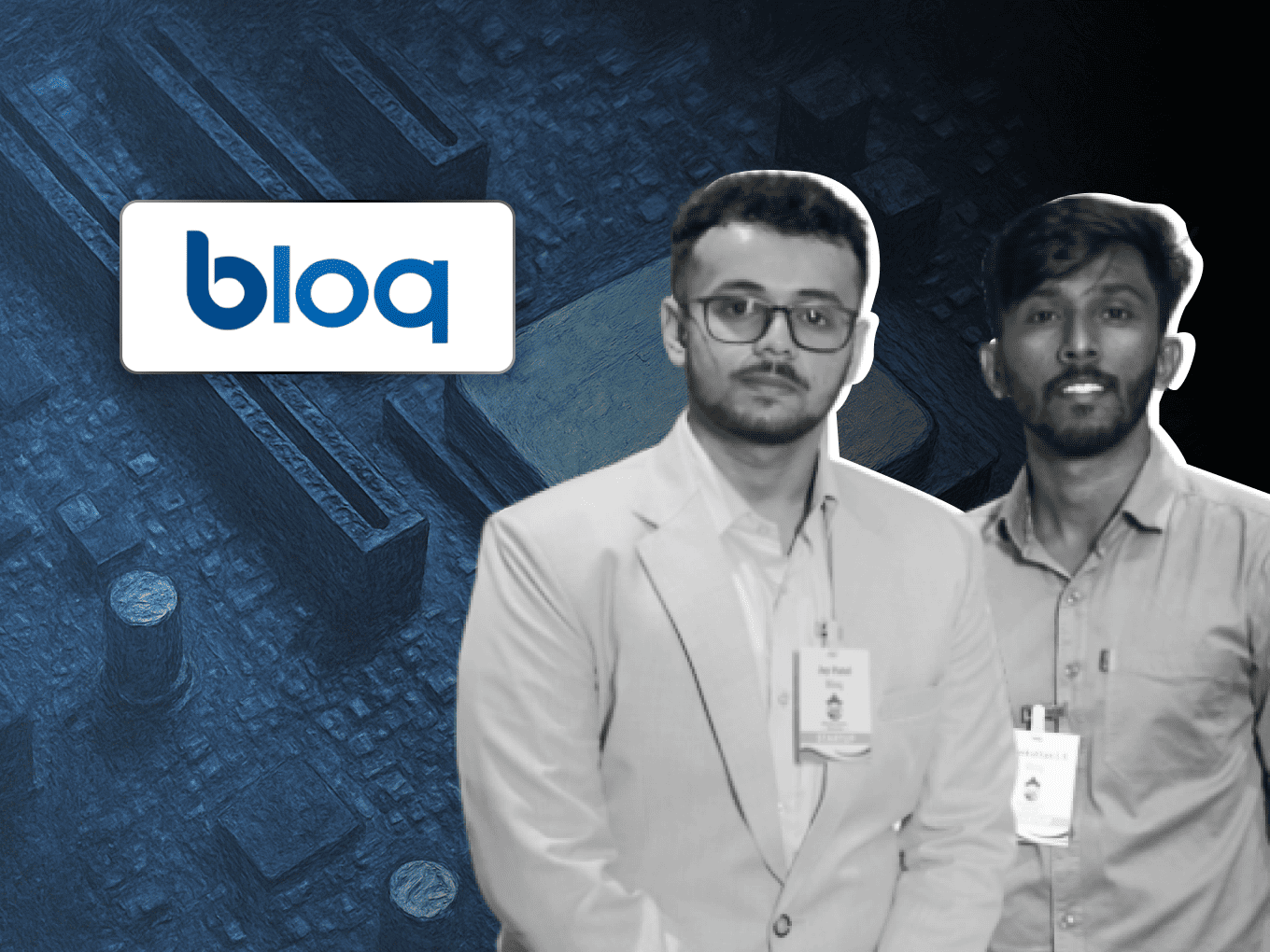Insider Brief
- Bloq Quantum, a Kollam-based startup founded in May 2024, is developing a low-code platform for quantum algorithms to position itself as the software backbone of the global quantum industry.
- The company is targeting the 500+ enterprises already exploring quantum, with finance expected to be the first major adopter, followed by defense.
- Bloq Quantum’s long-term mission is to build a full-stack platform for quantum applications, akin to Databricks in machine learning, while leveraging India’s deep pool of quantum talent.
Quantum computing, once confined to physics labs, is steadily moving into the realm of business strategy. As the global market for quantum technologies heads toward a projected $5 billion by 2030, startups are racing to provide the missing pieces that will make the machines useful. One of them is Bloq Quantum, a Kollam-based company that is already grabbing national attention in India for its efforts to become the software backbone of the industry, according to Inc42, an India-based digital media and information services platform often described as India’s version of TechCrunch.
Founded in May 2024, Bloq Quantum is building what it describes as a low-code platform for quantum algorithms — the specialized instructions that allow quantum computers to process vast combinations in parallel, far beyond the reach of classical supercomputers. Without these algorithms, even the most advanced hardware remains little more than an expensive curiosity.
“We want to become the next NVIDIA for quantum algorithms,” cofounder and CEO Sreekuttan LS told the Indian tech site. The company claims its software can help enterprises build custom algorithms up to 10 times faster than current approaches.

The potential applications span multiple sectors, but some are expected to take the lead, according to Sreekuttan. “From our conversations with enterprises, we see most early interest from finance companies, around 50% or more. So finance will likely be the first mover, followed by defense,” Sreekuttan told The Quantum Insider.
Differentiation from established giants remains a central theme in the company’s go-to-market strategy.
“We are not worried about how big tech is building their software ecosystem because their main focus is hardware – that’s the trillion-dollar opportunity,” Sreekuttan said, according to TQI. “For example, IBM built the IBM Quantum Lab and shut it down last year, showing they built software only to push hardware adoption. What we are building is on top of their SDKs, making us hardware agnostic and avoiding vendor lock-in. It will always be symbiotic with whatever software hardware players build. Even with their platforms, enterprises will want something like us to help them build quantum computing solutions.”
The company is taking a focused approach to gaining those new – and vital – customers, according to Sreekuttan.
“We are not trying to convince conservative enterprises to jump into quantum,” he said. “We are only targeting the 500+ enterprises already exploring quantum, of which 200 already have quantum teams. These are our target customers. We will look at conservative enterprises in the next 2–3 years,”
‘The Answer is India’
Scaling the company is another challenge, but the founders believe India provides a unique advantage to building their company.
“The answer is India,” Sreekuttan said. “India has the strongest quantum talent globally, but limited opportunities. We will attract those brilliant minds to work with us. Our goal is to build a company as cool for quantum computing as OpenAI is for AI. People who want to do foundational and meaningful work in quantum computing should want to work at Bloq.”
The long-term mission stretches beyond just tools, with Bloq envisioning itself not merely as a provider of developer platforms but as the foundation on which future quantum applications will run.
“Our long-term mission is to build the Databricks of quantum computing: from data preparation, to building quantum models, to deployment layers that work across multiple hardware platforms with auto-scaling and APIs to integrate with current systems,” Sreekuttan said. “We aim to be the software stack on which everyone builds quantum applications, just like Databricks is for machine learning.”
Keep an Eye on the Next Five Years
Looking ahead, Sreekuttan sees both hardware and software reaching important milestones within the next few years.
“Hardware progress is happening at a steady, expected pace. But more than that, what excites me—and keeps me up at night—is algorithm progress. Without good algorithms that truly exploit quantum properties, hardware won’t matter. That’s where we will focus in the next 2–5 years. Two key things excite us: quantum algorithms that leverage quantum properties to create real advantage, and high-level languages that work across different quantum topologies and error-correction codes,” Sreekuttan said, according to TQI.
He added: “On the hardware side, I expect useful logical qubits, around 100, within the next 3 years, which will push us closer to real quantum advantage. On the algorithm side, I believe we’ll make strong progress within 3 years too. So I’m very excited for a 5-year window where quantum could have its ChatGPT moment.”















